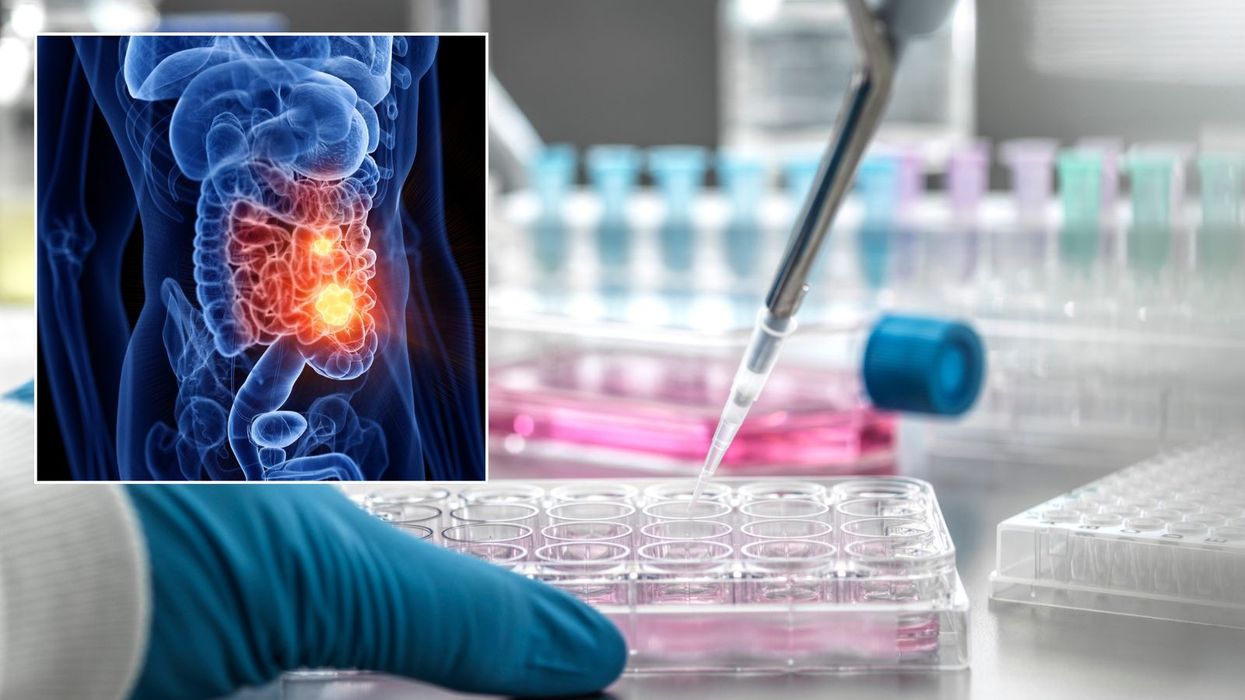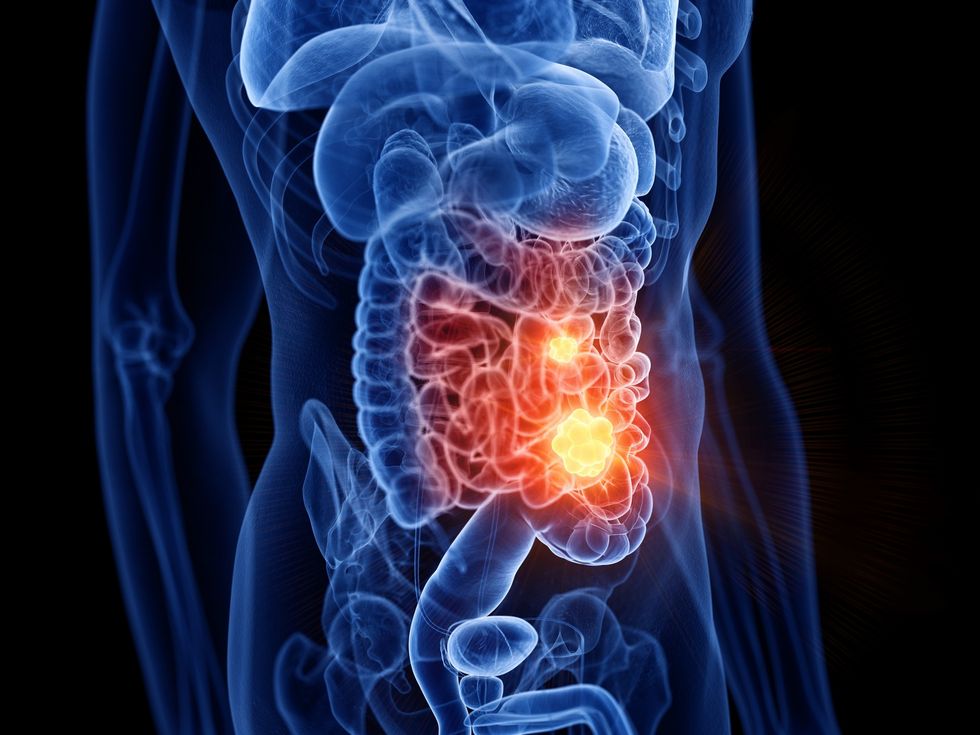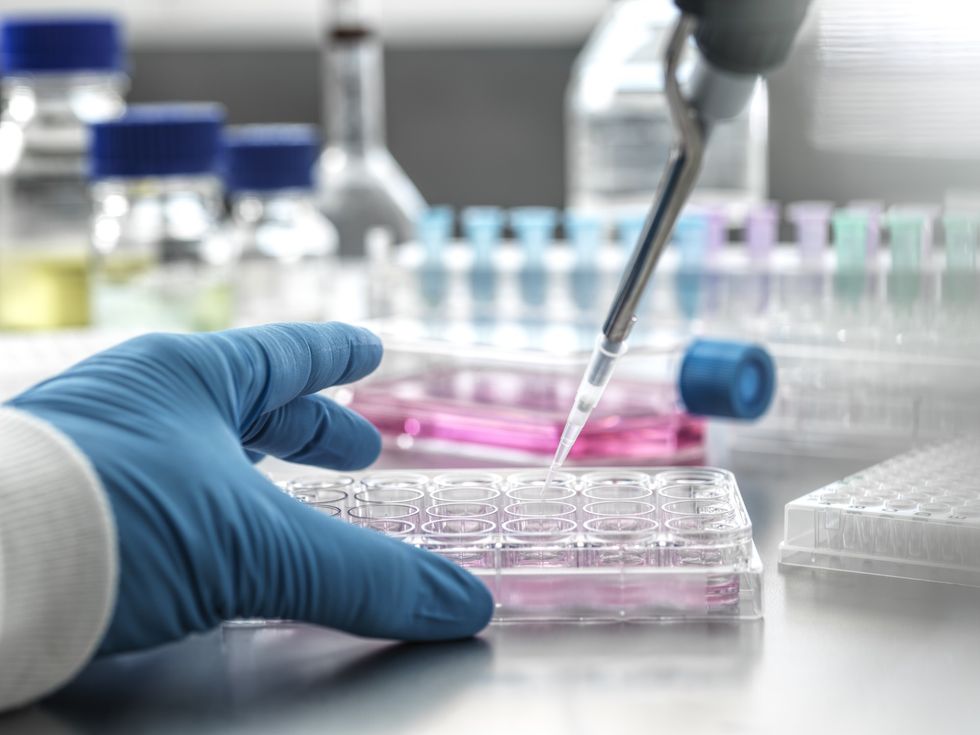Bowel disease: 'Holy grail' breakthrough as major cause of condition uncovered

A major cause of inflammatory bowel disease (IBD) has been discovered by scientists in Britain
|Getty

Researchers say they can now adapt existing drugs to treat patients
Don't Miss
Most Read
A major cause of inflammatory bowel disease (IBD) has been discovered by scientists in Britain.
Researchers found that a new biological pathway can be targeted by drugs that are already used - which can help other immune disorders that affect the spine, liver and arteries.
Scientists have located a weak spot in DNA that appears to be present in 95 per cent of people with the disease.
Dr James Lee, the group leader of the genetic mechanisms of disease laboratory at the Francis Crick Institute in London said: "Even for pure, fundamental immunology this is a really exciting discovery.

Scientists have located a weak spot in DNA that appears to be present in 95 per cent of people with the disease
|Getty
"But to show this is dysregulated in people who get disease not only gives us a better understanding of the disease, it tells us this is something we can treat."
Crohn's disease and ulcerative colitis are the main forms of inflammatory bowel disease.
It is estimated that this affects half a million people in the UK, as the immune system attacks the bowel - causing symptoms such as abdominal pain and diarrhoea.
One part of the immune system that is highly implicated in IBD is white blood cells called macrophages.
LATEST DEVELOPMENTS:
Lee's research team discovered a section of DNA which is macrophage’s "master regulator" of inflammation.
"What we have found is one of the very central pathways that goes wrong when people get inflammatory bowel disease and this has been something of a holy grail," said Dr James Lee.
The team have also found drugs that already exist that seem to reverse the disease in laboratory experiments.
Human trials are now set to take place.

Crohn's disease and ulcerative colitis are the main forms of inflammatory bowel disease
|Getty
Dr Lee added: "We found not only how and why it goes wrong, but potentially a new way of treating these diseases."
Ruth Wakeman at Crohn’s and Colitis UK said: "Crohn’s and colitis are complex, lifelong conditions for which there is no cure, but research like this is helping us to answer some of the big questions about what causes them.
"This research is a really exciting step towards the possibility of a world free from Crohn’s and colitis."










